Argentinian by birth, Italian by blood and French by adoption, Mauro Colagreco, Knight of the Legion of Honour, is a chef without borders. Since 2006, he has made MirAzur in Menton, a flagship of global gastronomy, crowned with three Michelin stars and voted best restaurant in the world.
Visionary and committed, Mauro Colagreco defends circular gastronomy that places nature at the center of the plate. Since 2020, he has been inspired by the Moon cycle to set the rhythm of his menus, echoing the forces that govern living things. With his bakery Mitron Bakery, he gives new life to ancient wheat and nutritious bread, while in Cap d'Antibes, he signs the culinary score of Villa Miraé. Also at the head of establishments in Paris, London, or La Plata, his native city, he pursues the same conviction : a cuisine that nourishes the body and the heart.
After an international career and training with masters such as Bernard Loiseau, Alain Passard, Guy Martin or Alain Ducasse, what led you twenty years ago to choose Menton to open Mirazur?
It was a bit by chance that I arrived here. At the time, I was living and working in Paris, while looking for a place to open my own restaurant. During a gastronomic trip to Spain, a couple of Italian collectors told me about an establishment that had been closed for four years, located in Menton, very close to the Franco-Italian border. They organized a meeting with the owner, and as soon as I crossed the threshold of the restaurant, I was overwhelmed by the breathtaking view of the Mediterranean, the lemon trees, and this magnificent garden of exotic plants evolving in a “micro climate in the micro climate”, between sea and mountains. I immediately understood that I had found an Eden where I could invest all my energy, and where I could cook in connection with nature, while being surrounded by my family.
How would you define Mirazur today?
The imposing rotunda lookout from the 1930s with its idyllic decor that houses MirAzur is more than a restaurant, it is a life project, in a preserved ecosystem. I was supposed to stay there for a short time and go back to Argentina, but we will already be celebrating her 20th birthday next year! The experience goes beyond the plate, it is holistic. We invite all our guests to discover our permaculture and biodynamic gardens before having their meal, in particular the Rosmarino garden, a hundred meters from the restaurant. The soul of the place lies in this wonder at the living, a source of creativity and respect.

How do your dishes come about?
Inspiration can come from a product, an encounter, a memory or an emotion, as was the case for The oil spill. But most of our creations are born from a dialogue with nature. Each year, with my team, we imagine nearly 200 evolving dishes, guided by the 365 seasons of life. I consider myself a chef without borders: my travels nourish my imagination, I appropriate the flavors and techniques encountered to adapt them to my Mediterranean region. In this logic, we wanted food and wine pairing to become an experience in its own right. With my sommelier team, we retrace 6,000 years of wine history, from Georgia to the Mediterranean, a journey extended by amphorae custom created by the ceramist Perrine Louis, symbol of the link between land, wine and people. Since 2019, we have also been offering an alcohol-free alternative, made from plants from our gardens and natural fermentations. Infusions, macerations, kombuchas or kefirs offer the complexity and richness of fine wines, for a complete experience.
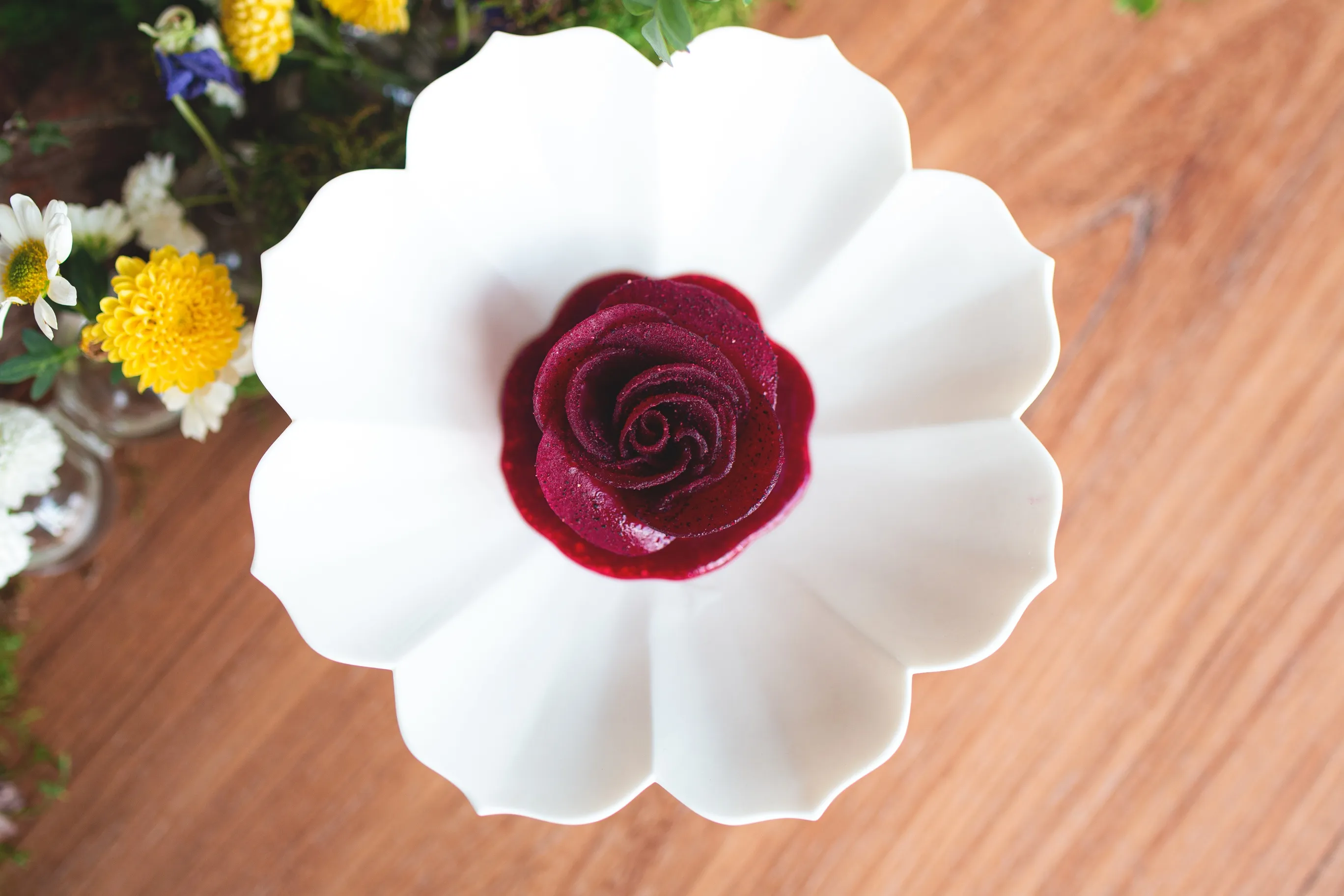
MirAzur was voted the best restaurant in the world in 2019. Is it additional pressure or freedom?
2019 marked a turning point: the third Michelin star, the first place at the 50 Best, the title of Best Chef in France — a first for a non-French chef. But right after, the world stopped with the pandemic. We had to close the restaurant. This period of uncertainty changed my vision. I felt the need to strengthen our connection to nature. Today, most of our products come from our gardens or from local producers. This is how the “Universe” menus were born, inspired by the biodynamic lunar calendar, which are divided into nine sequences around different themes: Roots, Leaves, Flowers or Fruits. It was a big challenge, but a creative release.
Your style is known to be daring...
Sometimes I combine oyster and pear, vanilla and lobster, or even beetroot and caviar... But what matters is that the technique disappears behind an impression of simplicity and legibility. I like to work on the visual aspect, the colors, the textures, almost like a painting. The “Flowers” menus are an example: sometimes you have to collect several hundred flowers by hand or remove tiny thyme flowers to create a perfect square.
Mitron Bakery is now an iconic brand. What was your ambition?
Bread is universal, a symbol of sharing. However, the majority of bakeries use flours made from modern wheat, which is often indigestible. With Mitron Bakery, we wanted to rehabilitate bread as a vital food. We work with organic ancient wheat, ground on a stone wheel in Menton, with homemade sourdough and slow fermentation. It is a return to the essentials, for health as well as for the planet.
You also sign the culinary offer of Villa Miraé in Cap d'Antibes. What was your desire for this project?
Villa Miraé is a magical place. I imagined two experiences there: Miraé, a convivial table that reinterprets the classics of the Franco-Italian Riviera, and Amarines, a gastronomic table where the Mediterranean is told on the plate. In both cases, we work hand in hand with our local producers, true guardians of taste.
What makes the Riviera so inspiring for a chef?
It is a territory of incredible wealth. The history of this place, which keeps the traces of the first humans who arrived from Africa in Western Europe from Africa, shows us that it has always been a favorable place for life due to the abundance of existing resources throughout the ages. This combination of natural forces found in the landscape of the Alpes-Maritimes - the sea, the mountains and the gardens - is not only a pleasure for the eyes. It is one of the most beautiful tourist destinations in France, and represents the concrete possibility of accessing an enormous diversity of products. For a chef, it's an endless field of inspiration.
Is there a local product or recipe that you particularly like to revisit?
I am attached to citrus fruits, especially Menton lemons, which we incorporate into many dishes depending on the season. In our south-facing plots protected by the Prealps, we produce more than fifteen varieties. But I also like to revisit stuffed zucchini flowers, fish alla Ligure or even spaghetti alla Genovese, bringing them contemporary freshness.
If you had to recommend three addresses on the Côte d'Azur, excluding your own establishments?
The Orangerie in Menton, La Merenda in Nice, and Le Louis XV — Alain Ducasse in Monaco. Three very different places, but each one reflects the spirit of the Riviera.

Your secret place to recharge your batteries?
My gardens, and the Menton hinterland. I find a particular serenity, surrounded by valleys and magnificent natural parks.
Finally, what concrete actions can a chef take today for sustainable cooking?
Circular gastronomy is our manifesto: cooking local and seasonal, preserving biodiversity, preserving biodiversity, banning single-use plastic, valuing products in their entirety, recycling and thinking about returning to the earth, studying life cycles in collaboration with an anthropologist... Every gesture counts, because cooking can and must contribute to changing the world. In this logic, we are now developing an educational farm designed as a model of regenerative agriculture. It combines polyculture-breeding, permaculture and biodynamics to preserve ecosystems, enhance local know-how and strengthen the autonomy of the territory. The objective is to make it a center of rural excellence, both a place for the production and transmission of sustainable agricultural practices. In 2020, we were also the first restaurant in the world to obtain certification Plastic Free, after years of research to eradicate single-use plastic from our kitchens. This commitment was recognized by UNESCO, which appointed me in 2022 as a goodwill ambassador for biodiversity. The following year, I accepted the vice-presidency of Relais & Châteaux. In 2024, a new step was taken with the certification B Corp : Mirazur has become the first three-star restaurant in the world to join this international community. This reflects our desire to support local economies, promote education and environmental protection, improve the health of our community, and preserve biodiversity. We also work with the “Maison des Semences Paysannes”, a network that brings together 60% of farmers between Italy and Nice and which defends the dissemination of ancient seeds, guaranteeing diversity and resilience. Each meal is an act of humanity: it can weaken our planet or, on the contrary, contribute to its preservation and regeneration, while nourishing the body, the soul and the earth.
Discover Chef Mauro Colagreco's cuisine on the Riviera
- MirAzur *** — Menton
- Casa Fuego (Argentine cuisine) —Menton
- La Pecoranegra (pizzas) —Menton
- Bakeries - Mitron Bakery — Menton, Monaco, Nice
- Miraé and Amarines restaurants at Villa Miraé — Cap d'Antibes
Photo cover ©Ophélie Collignon



%20V%204C%20%20%C2%A9Oph%C3%A9lie%20Collignon%20(5).webp)


.avif)

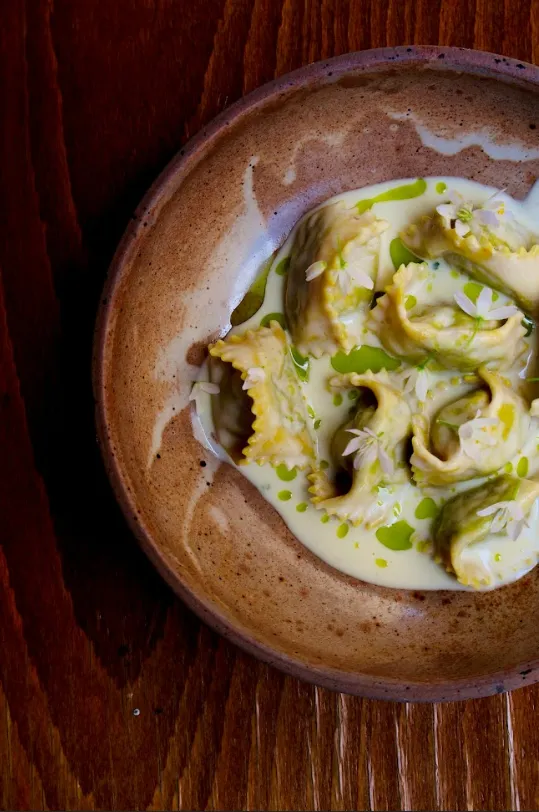
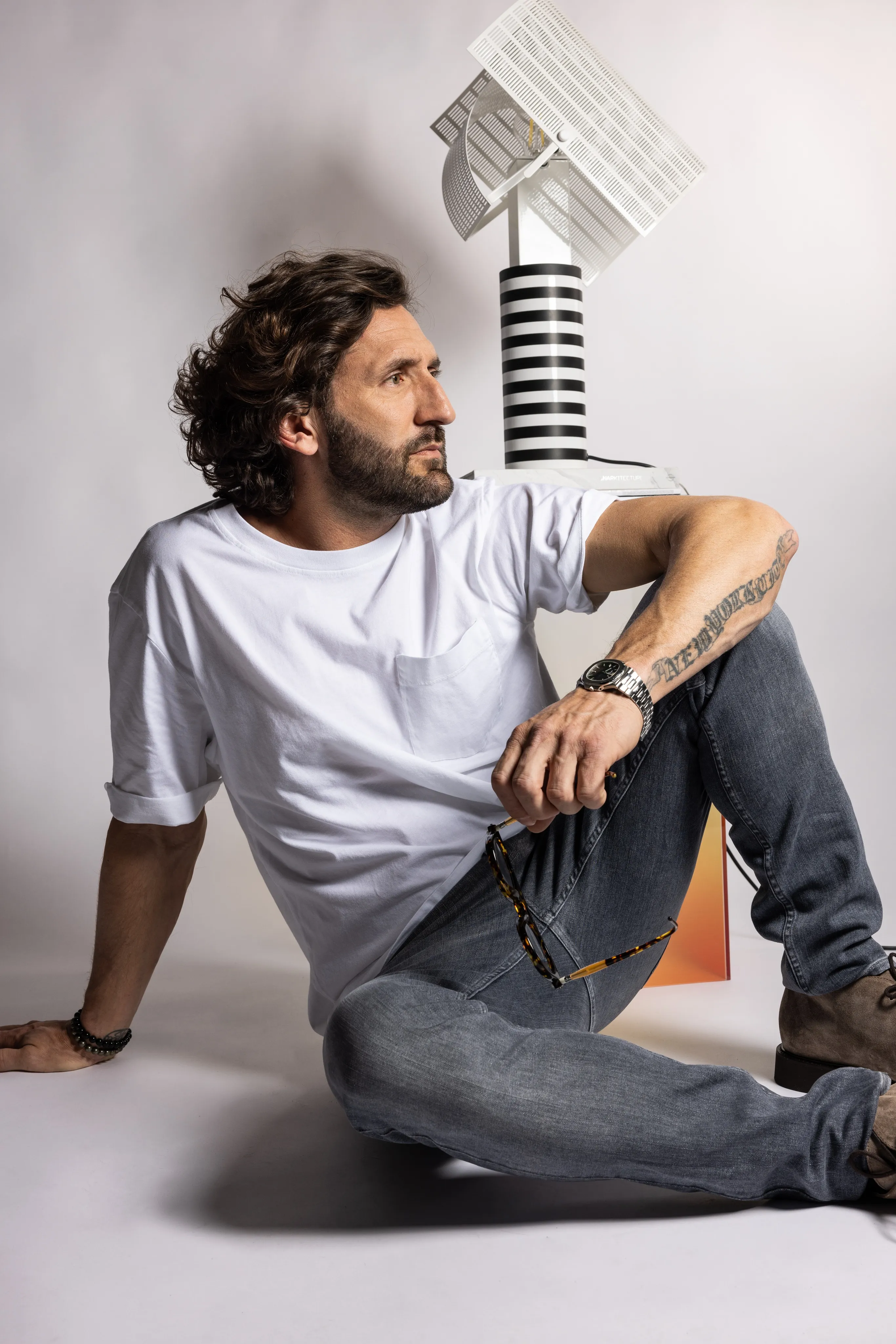
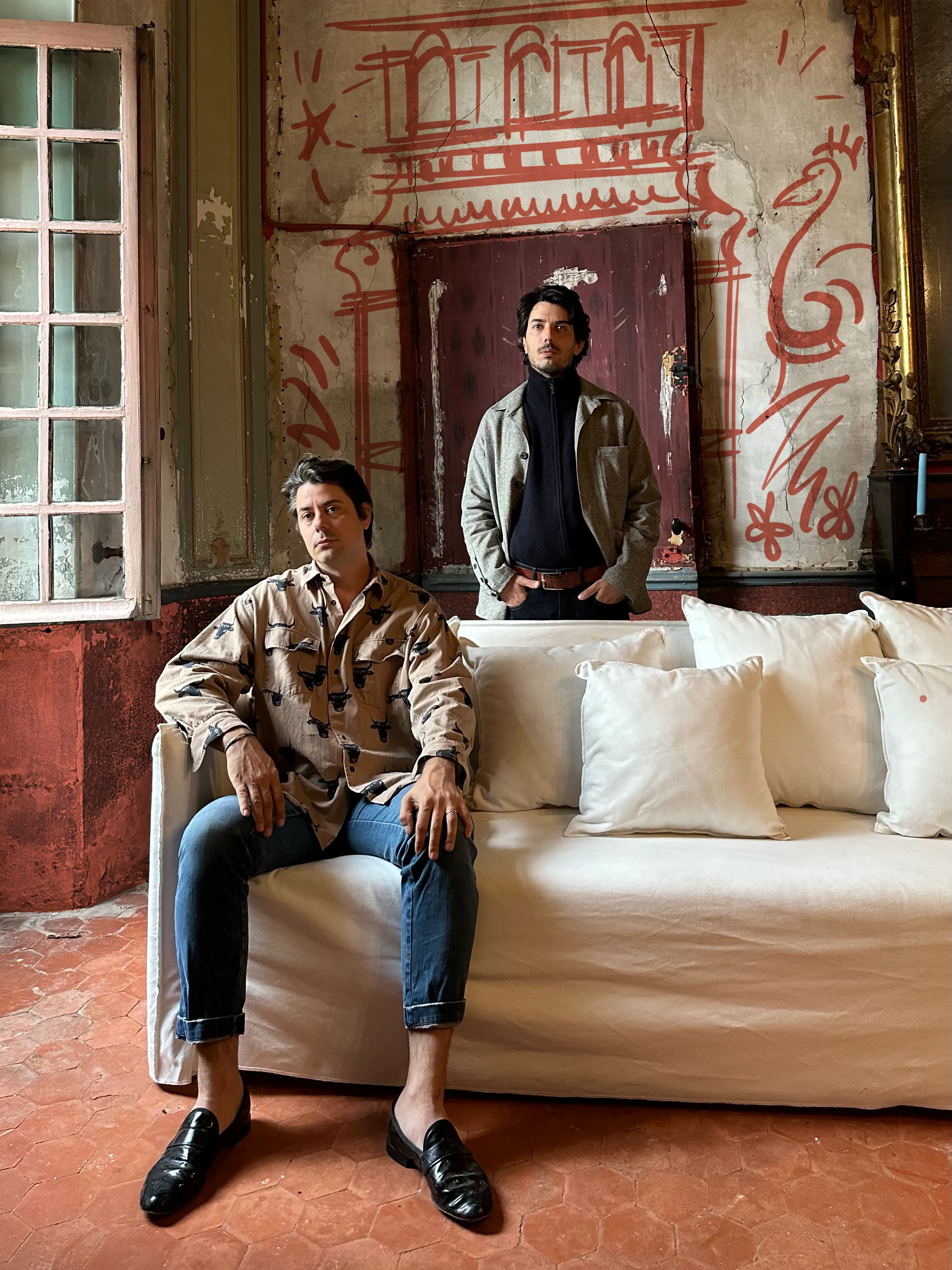
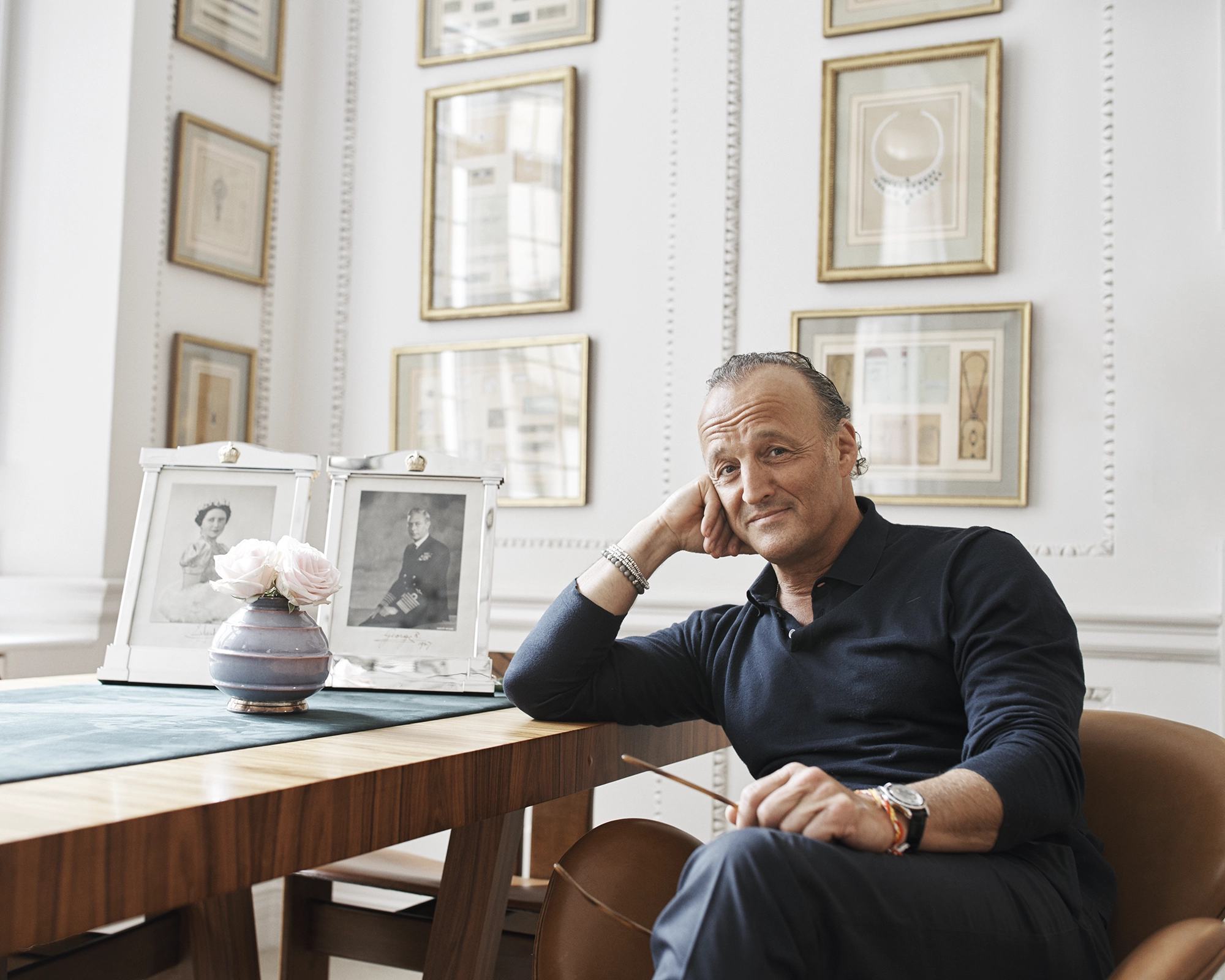
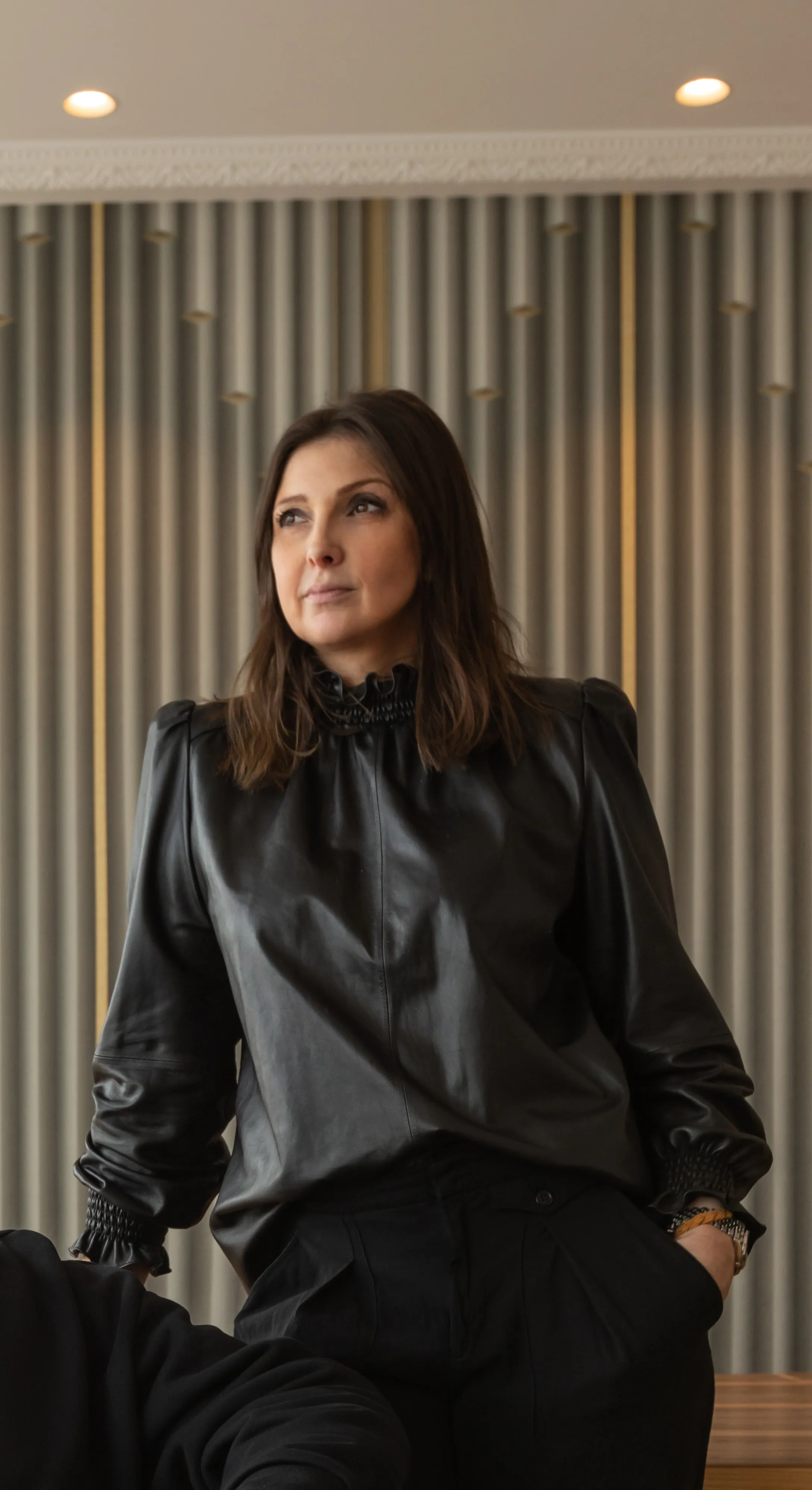
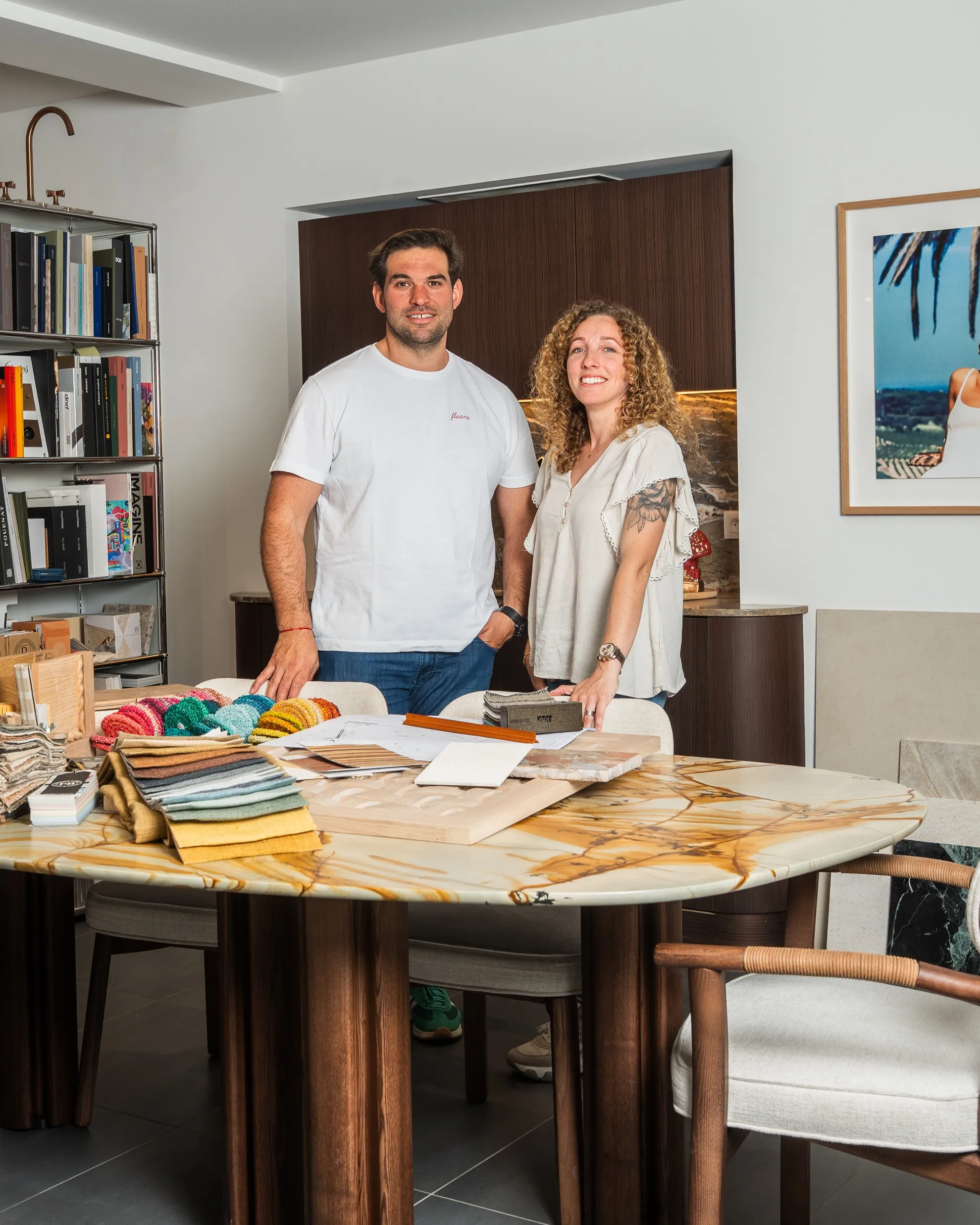
2%20pint.webp)
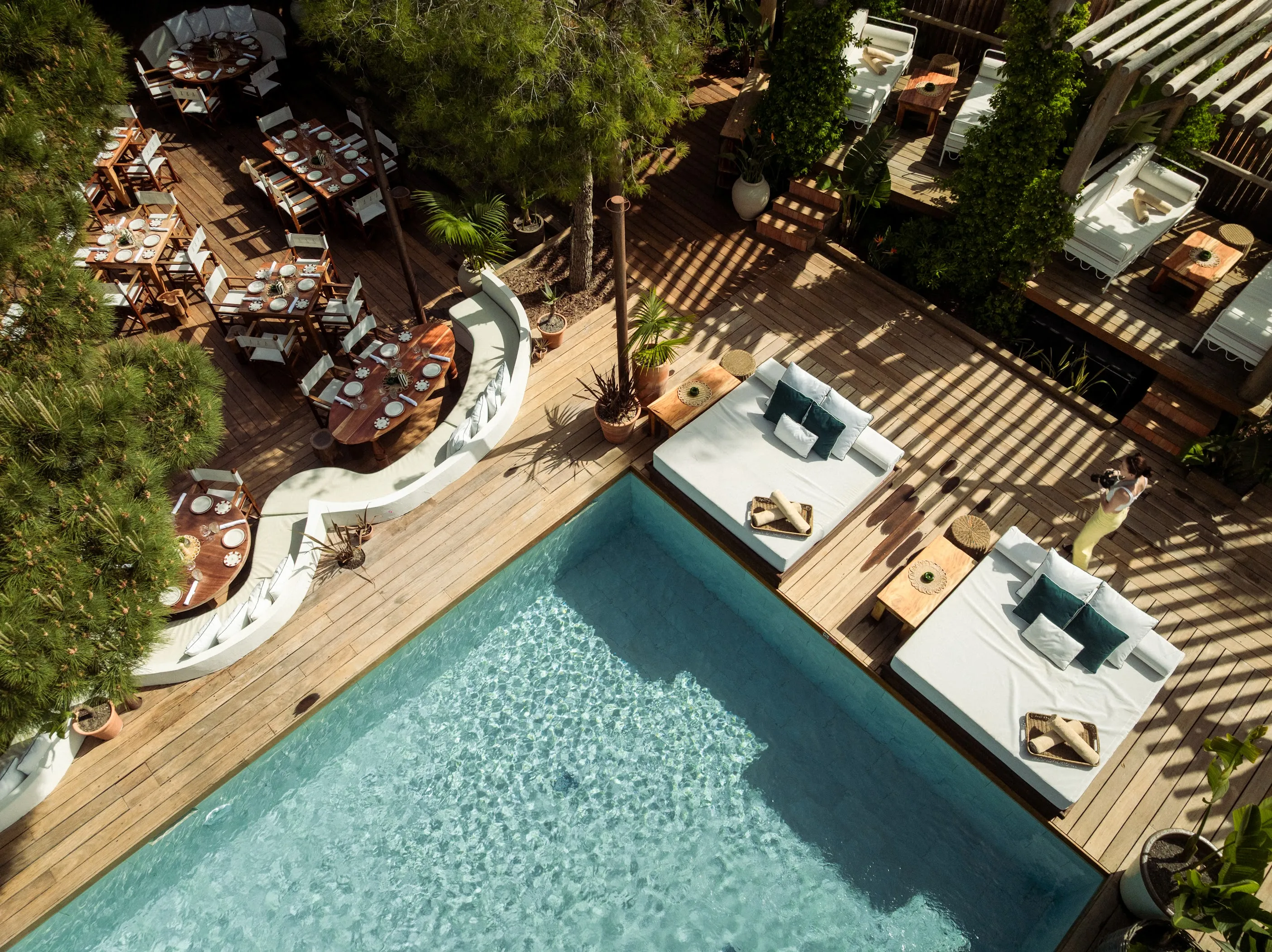


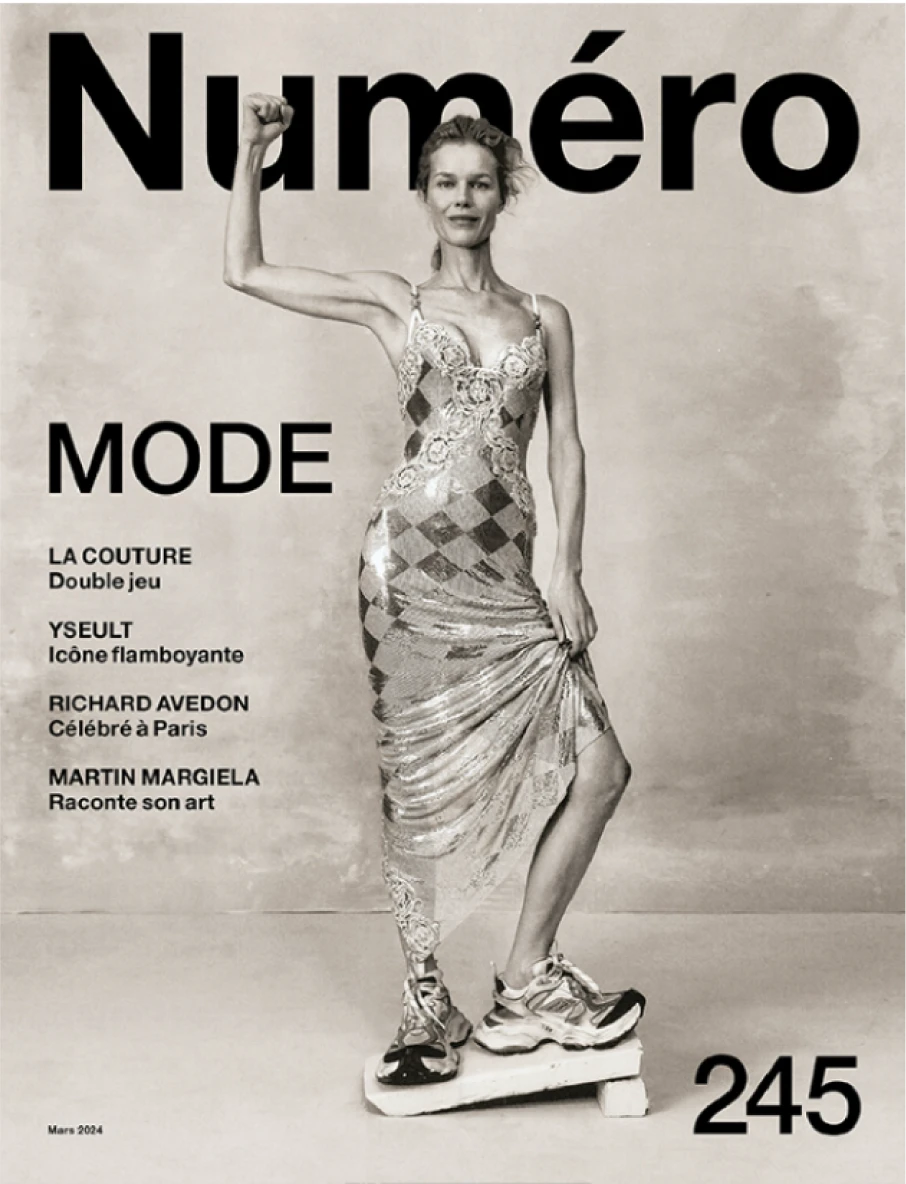

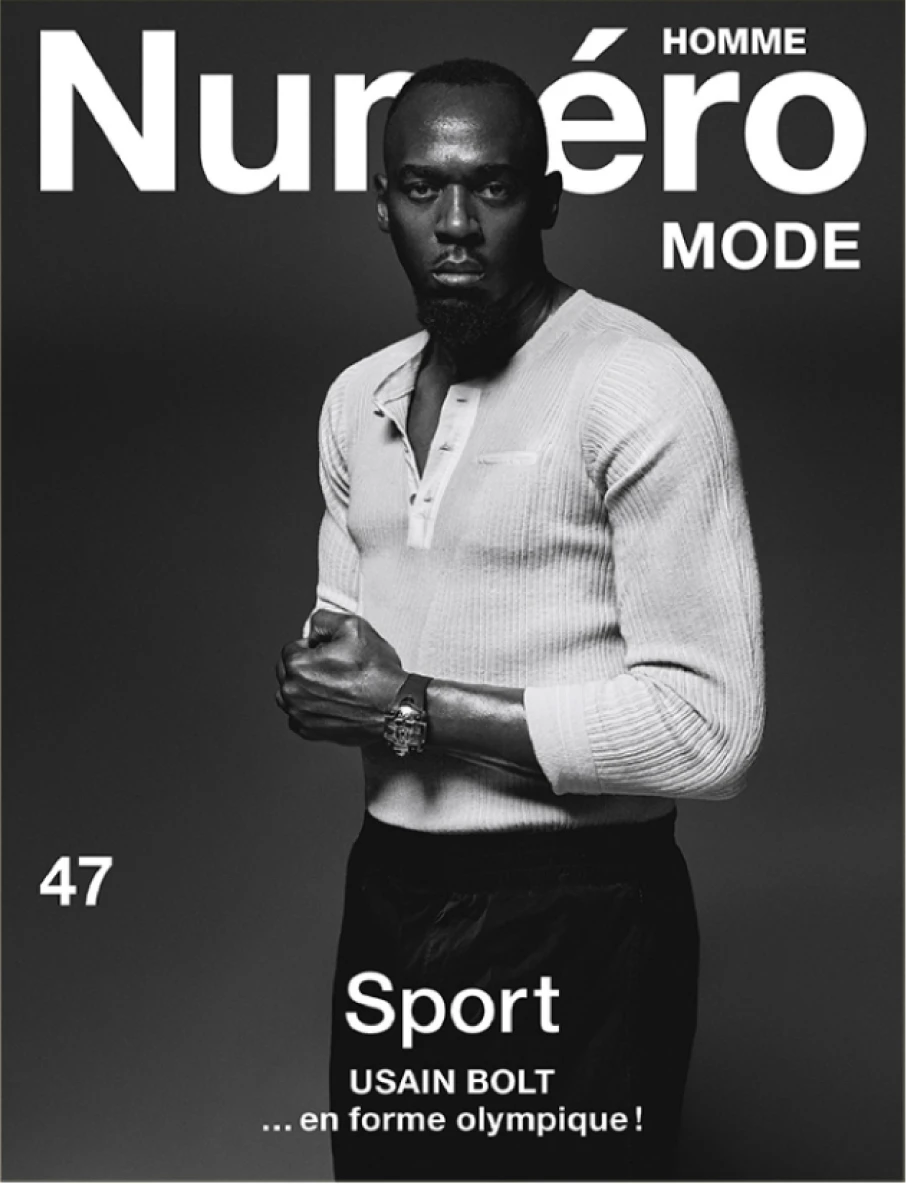
.avif)